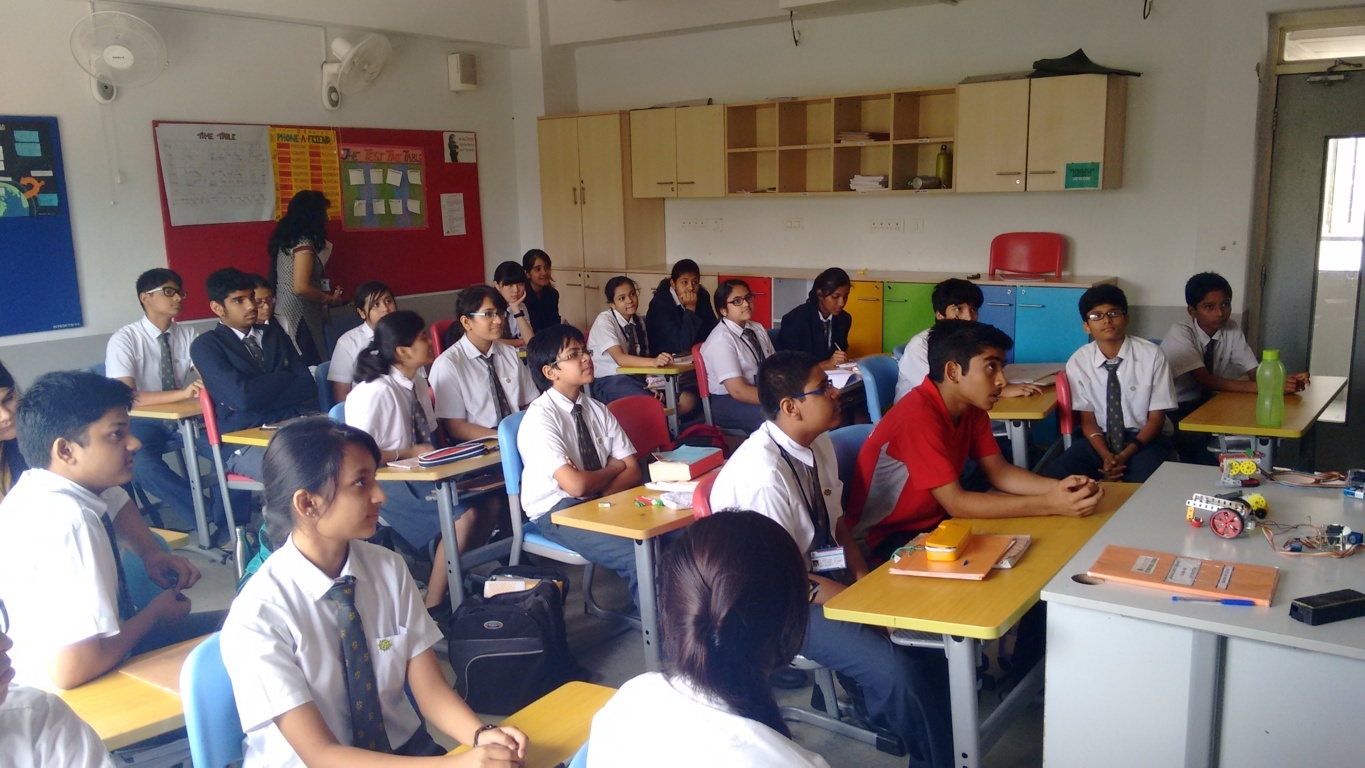
Achieving Quality Education in India
by Yash Saboo January 10 2018, 3:14 pm Estimated Reading Time: 3 mins, 2 secsEducation in India is provided by the public sector as well as the private sector, with control and funding coming from three levels: central, state and local. The enactment of the Right of Children to Free and Compulsory Education Act, 2009 marked a historic commitment to the children of India with regard to their education, development, and future. With its guarantee of an elementary education, the Act provides the opportunity to all children, irrespective of their background, to develop to their fullest potential. But can education in India be considered quality education?
Studies show the number of out-of-school children has reduced from approximately eight million children in 2009 to just over six million in 2014 (SRI-IMRB surveys, 2009 and 2014). The Act spurred progress in recruiting teachers and approximately 80% of teachers are trained (U-DISE Flash Statistics 2014-2015). Furthermore, the RTE Act and the Swachh Vidyalaya campaign have led to the construction of over 400,000 new toilets.
Despite all these efforts, the quality of education in our country still remains low. This is a huge setback for a developing country like India where on one hand it is considered to be amongst the fastest growing economies of the world whereas on the other hand it is also ranked 163 out of 234 countries when it comes to literacy rate (UNESCO).

Source : FUNSCHOLAR
Most of the steps needed to transform the quality of education in India do not require policy change or a new educational policy. Yet, these steps are not being taken because there is no visible crisis pushing us to act. Major steps, according to Educationbiz, that could help change the education scenario in the country are:
Initiatives required to be taken:
- Accountability to student learning and reform in governance: Success of education must be determined by inputs such as the number of classrooms, books in the library or by the ratio of the teachers.
- We must hold our education system accountable to high standards of student’s development. For this, we need to monitor our inputs and regulate our outcomes.
Investment in human capital development:
- For children to receive best-quality education, it is imperative to attract the best and brightest into the teaching profession. We must have a high bar for entry into the profession, with top-quality institutes for developing their capacities. It is essential to professionalize teaching, such that multiple career tracks and avenues for growth should be made available to our teachers.
- The government school system appoints principals based primarily on seniority. The process for selecting the head of institutions should be based on merit.
- The government should invest in equipping institution heads with skills that can enable administrative function and assume leadership roles.
Technology for personalized learning and quality at scale:
- Technology has the potential to create new models of learning and achieves impact at scale. The government must invest in a strong technology backbone, focusing on hardware and software development across our school and higher education institutions.
- Educators must be trained to integrate technology into their learning for effective classroom delivery. Developing high-quality Massive Online Open Courses (MOOCs) and personalized learning resources in local languages can go a long way in balancing the tension between equity and excellence at scale.
Integration between various stages of the education system:
- It is not justified to expect from our citizens to realize their full potential if they don't invest in every phase of their education journey. The start must be by recognizing that early childhood education lays a strong foundation and ensures that every child receives it as part of the formal schooling system. Moving on with early education, the focus should be on strengthening every child's literacy and numeracy skills.




-173X130.jpg)
-173X130.jpg)
-173X130.jpg)

-173X130.jpg)
-173X130.jpg)

